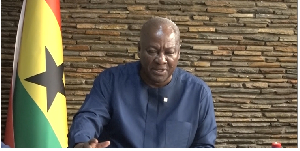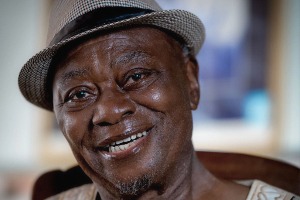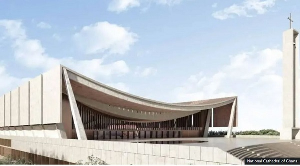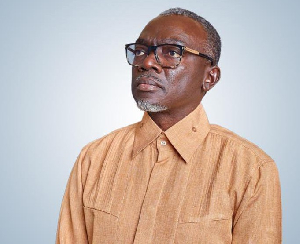The African Growth and Opportunity Act (AGOA) is a non-reciprocal trade preference programme that provides duty-free and quota-free treatment for exports of over 6,400 products into the US market from eligible Sub-Saharan African countries.
The goal is to encourage export-led growth, economic development and improve U.S. economic relations with Africa. Since its enactment in 18 May 2000 by President George Bush, the Act has gone through many amendments to enable AGOA beneficiaries take advantage of it.
After completion of its initial fifteen (15) years period of validity, AGOA was extended until 2025 on 29 June 2015 by President Barack Obama. This extension covers the Third Country Fabric provision, also until 2025. This 10 year renewal period provides an opportunity for eligible Sub-Saharan African countries including Ghana to increase their exports into the United States market.
AGOA has provided Sub-Saharan African countries the opportunity to grow their export earnings. Aggregate exports to US by AGOA beneficiaries (AGOA plus non-AGOA goods) have increased from $21.7 billion in 2000 reaching its peak at $82.2 billion in 2008. The following years have recorded declining exports ending 2017 at $24.9billion.
Major contributing countries to AGOA include South Africa, Nigeria, Angola, La Côte d’Ivoire, Madagascar, Ghana, and Kenya with major non-oil export products being agricultural, minerals and metals. Out of the total export products from AGOA countries, over 90% of textiles and apparel, footwear, and transportation equipment utilises AGOA.
Ghana’s performance under AGOA has been sustained by its broadly diversified exports to the US in the areas of textiles and apparel, energy-related products, agricultural products, footwear, and minerals and metals. After reaching its peak in 2011 with exports earnings of $779 million and subsequent decline in 2012 (US$292 million), there has been a renewed confidence resulting in an upward trend in Ghana’s performance ending 2017 with an export earnings of $748 million.
The surge in performance reflects the collective efforts by government and other stakeholders including the Ghana National Chamber of Commerce & Industry (GNCCI) in strengthening Ghana’s exports. As part of the efforts to increase the awareness and build the capacity of exporters and potential exporters, the Chamber entered into a letter of collaboration in 2015 with the USAID West Africa Trade Hub.
The AGOA Trade Resource Centre (ATRC) was established at the Chamber to engage the private sector for regional and global assistance via trade intelligence, export development, business promotion, and trade facilitation. A number of sensitization and capacity building workshops have been organised in Accra, Kumasi and Takoradi to enable business men and women utilize AGOA. Some of the topics treated in these workshops included US customs and regulations on AGOA, productivity, exports financing-risk and access to finance, financing export contracts and payment, packaging and food technology.
In recognition of the Chamber’s active role through the Ghana ATRC, the Ghana National Chamber of Commerce & Industry has been invited to participate in the AGOA Expo & Trade Fair, 2018 from 25th to 30th September, 2018 in the cities of New Rochelle and New York. The President, Nana Dr. Appiagyei Dankawoso I, will be leading the delegation comprising business visitors and trade exhibitors and present investment and business opportunities under AGOA in Ghana.
The AGOA Expo is a cultural and business platform aimed at celebrating US-African cooperation, strengthening bilateral trade relations, promoting AGOA key export products and investment opportunities. There would be a number of activities including, but not limited to the following: African Beverages and Food Show; African Apparel, Textiles and Footwear Exhibition; AGOA Apparel Fashion Week; Exhibition of Leather and African Cosmetics; African Music and Urban Dances; and AGOA Festival Workshops and Networking.
The participants for this event are the United States, AGOA eligible countries including Ghana, and a country playing the role of the Third Country Fabric Provider for the apparel and textile products.
Business News of Friday, 14 September 2018
Source: Julius Bradford Lamptey
GNCCI leads business delegation to participate in AGOA Expo & Trade Fair 2018 in New York
 Nana Dr. Appiagyei Dankawoso I is the President of the Ghana National Chamber of Commerce & Industry
Nana Dr. Appiagyei Dankawoso I is the President of the Ghana National Chamber of Commerce & Industry
















